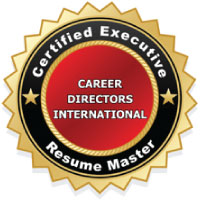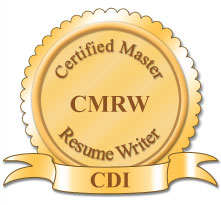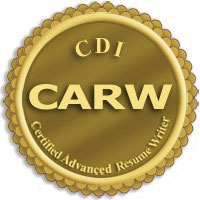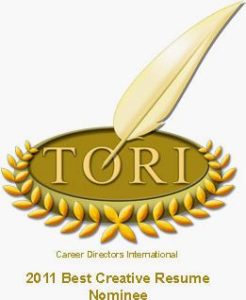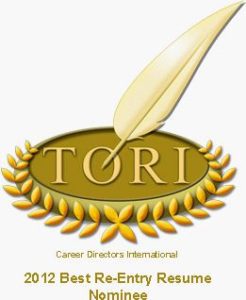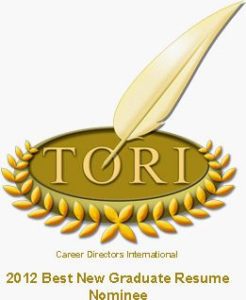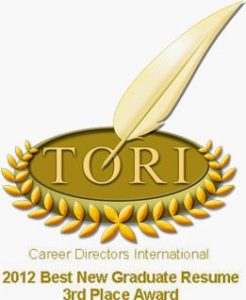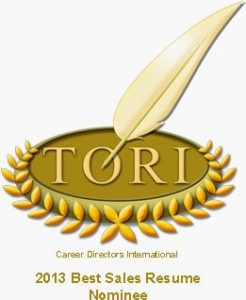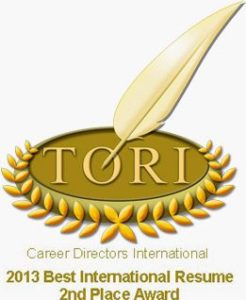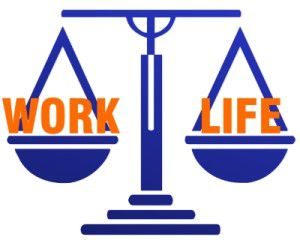 Work-Life Balance is one of those concepts that was assumed to be valuable up until recent years, when many people are turning the concept on its head and saying “work-life” balance is really about LIFE balance. While I agree to some extent, I don’t see the reason to toss out the concept of work-life balance altogether.
Work-Life Balance is one of those concepts that was assumed to be valuable up until recent years, when many people are turning the concept on its head and saying “work-life” balance is really about LIFE balance. While I agree to some extent, I don’t see the reason to toss out the concept of work-life balance altogether.
To me, work-life balance is a moment-by-moment experience. I have chosen to own my own business because I have certain things I want in my life: the ability to work remotely so I can visit family and not take “vacation days”; the option to do yoga or go for a swim in the middle of the day; and the flexibility to work early in the morning or late at night. These things might not be non-negotiable, but they are important to me. For me, they create “work-life balance” or just plain “life balance.” Of course they also create challenges for maintaining that balance when things get busy in the business and threaten to infringe upon my “me” time.
You might be examining for yourself what constitutes work-life balance or any sort of balance as you move toward a new job, your first job out of college, getting into college, or any other venture.
Are you interested in creating a life where you work less than 40 hours per week, are not stressed out constantly, are fulfilled and have fun? If so, you have a lot of company!
 I don’t often write blogs based on infographics, but I found this one—Careers with Great Work-Life Balance—to be enlightening.
I don’t often write blogs based on infographics, but I found this one—Careers with Great Work-Life Balance—to be enlightening.
I realize that work-life balance is just one aspect of balance; you can have the right amount of time at work vs. personal life, but then get out of balance taking care of others in your personal life when you need to be taking better care of yourself! Or you can run into challenges in your work life itself in finding balance with the types of activities you do or relationships you create. Nevertheless, here are some of the main points to consider when planning for your quality of life in relation to your work:
Flexibility at Work
Nine out of 10 Americans feel that their current jobs don’t afford them enough time to attend to their family’s needs: a major indicator that they do not have work-life balance. Furthermore, half of these employees believe that if they were allowed more flexibility in their jobs–with work hours, vacation days, clock management, etc.–they’d be able to perform their jobs better.
Flexible schedules, in fact, have become so much in demand that the U.S. Department of Labor has devoted a whole page and many articles to the topic.
Consider the things that are most important to you in terms of your working hours. Does your career path provide the flexibility you desire? Are you getting to spend enough time with your family? Can you take the vacations you want to take? Can you work from home when necessary?
If you are seeking to change careers, or change the structure of your current work life, it will help to know what you want in terms of schedule flexibility so you can create a structure that provides the work-life balance you need.
What are the Indicators of Successful Work-Life Balance?
According to the OECD Better Life Index, an organization dedicated to promoting policies that improve economic and social well-being, popular indicators of successful work-life balance include:
- Total hours worked per week
- Time devoted to leisure
- Average pay
- Growth potential
- Flexibility
- Stress
Are these barometers of work-life balance important to you? Will considering these factors change the way you pursue your education, your next career, or how you conduct your job search? Perhaps it will be informative to check out the jobs listed in the infographic that make top honors. You might be surprised by some of them!
Creating Successful Work-Life Balance is up to You
What constitutes work-life balance is subjective: what is most important to you in your work and personal life may be completely different from what matters to your friends, family or even colleagues. So define the non-negotiables in your life, then do your best to create a career path that meets your unique definition of balance. I for one can tell you it’s a constant challenge!

